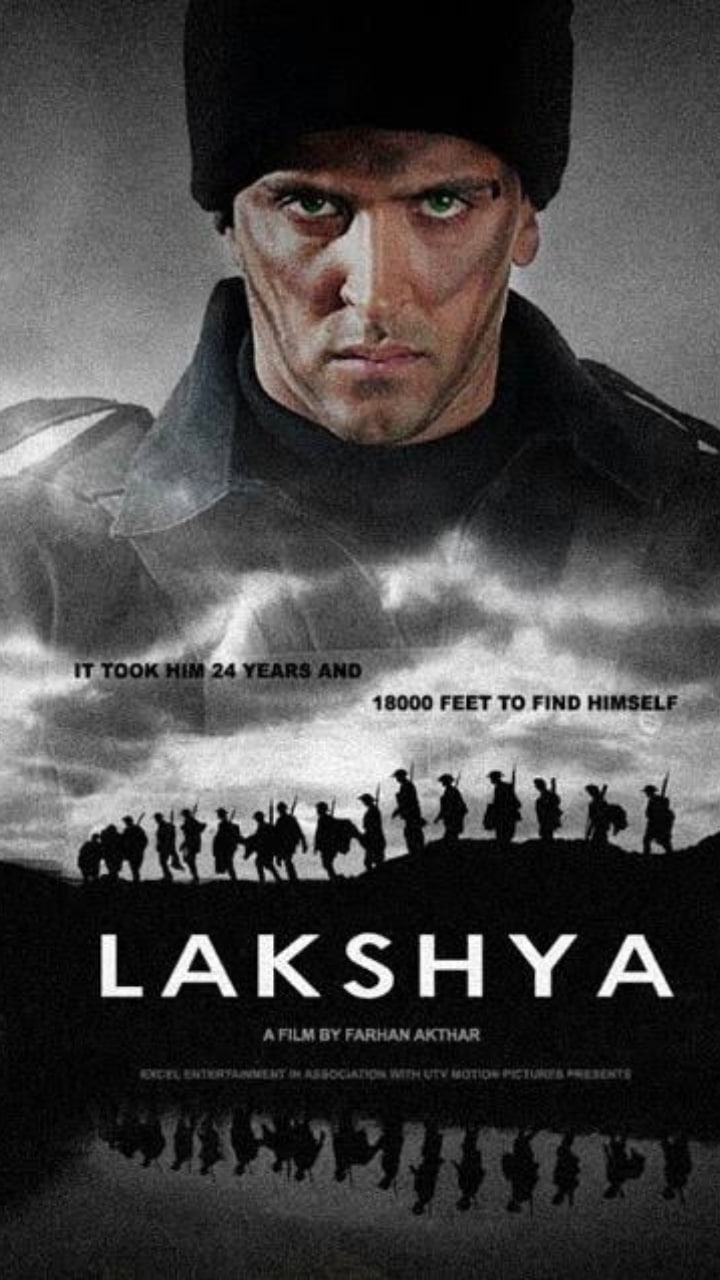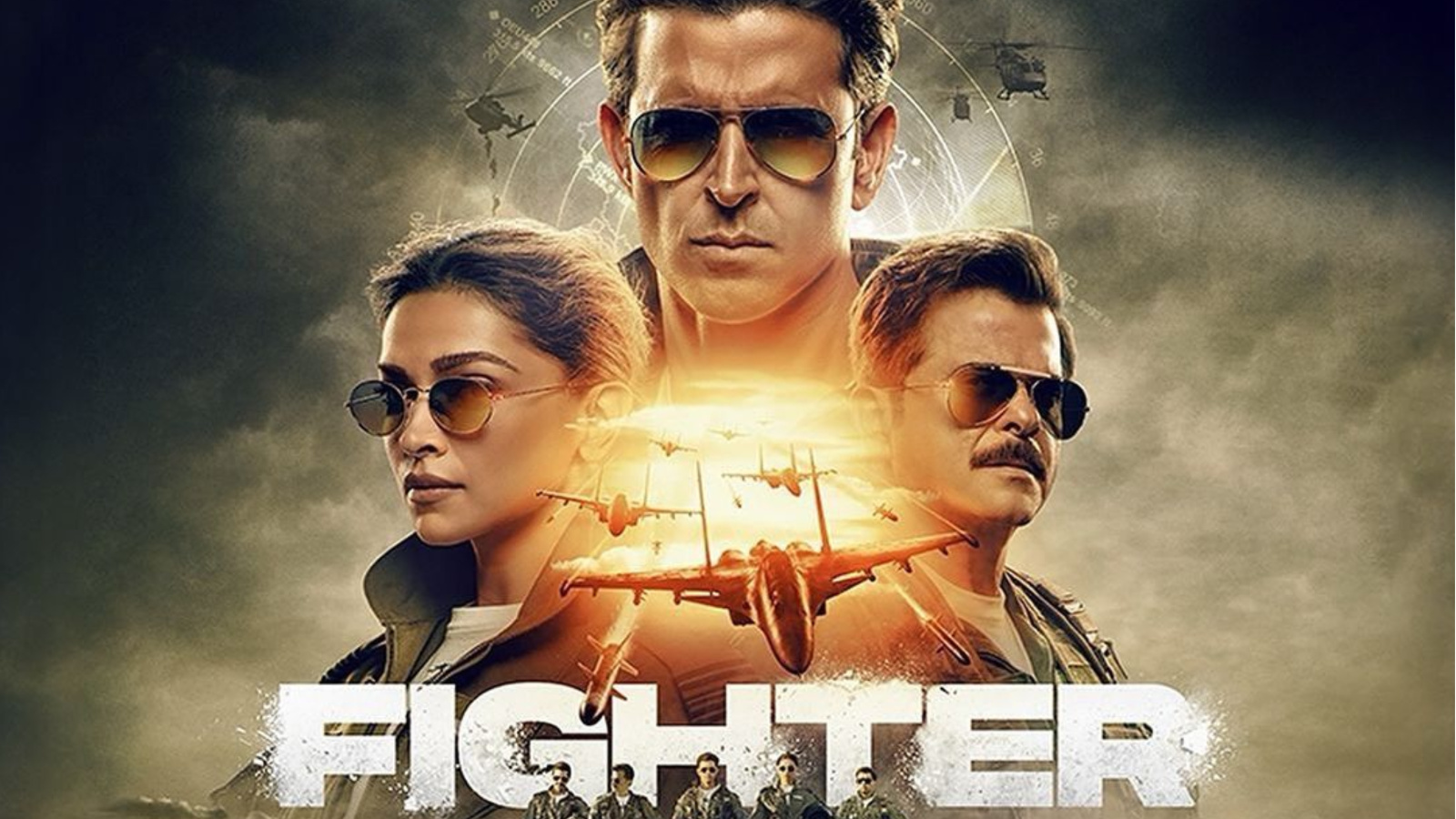It was 2004 when Lakshya arrived. A film that paraded as a war epic, but, at its heart, it was a coming of age drama. It was about Karan Shergill (Hrithik Roshan), a directionless scion who discovered purpose and resolve amidst the chaos of a battlefield. And, perhaps the most transformative moment of his journey came not through fighting but in a conversation: a moving exchange with his seasoned subordinate, played masterfully by Om Puri. With a voice laden with the weight of lived experience, the elder soldier laid bare the agonizing futility of war. He spoke of its brutal arithmetic, how it takes immeasurably and gives nothing in return. None understand this grim truth more intimately than the soldier. None endure its bloodshed, its heartbreak, its cruel finality so closely.
It’s 2025 now. Every other month, a war film is released. Every other star graces one. And every conceivable real-life tragedy has been milked into a military drama. Yet, the fundamentals remain unchanged. These films are so narrowly conceived, so formulaically written, that distinguishing one from another feels impossible that they all look and feel the same.

This sameness stems from their shared purpose; they all preach the same shallow ideals. Excessive aggression, celebrating vengeance, and an overbearing glorification of war. Gone are the days when soldiers contemplated and grieved, reflecting on the futility of conflict. Today, the narrative has shifted to a prideful, unquestioning embrace of violence. There is no nuance, no room for introspection. The focus is singular: to kill more than serve, to die more than live. Passion has outshined sensibility, and the intention now is to act with fervor rather than reason. The result is a genre drained of complexity, driven only by hatred.
Story continues after this ad
 Lakshya: Journey from aimless to a war hero. Hrithik Roshan plays Karan Shergill a soilder in Kargil War.
Lakshya: Journey from aimless to a war hero. Hrithik Roshan plays Karan Shergill a soilder in Kargil War.
Perhaps the only noticeable evolution within the military drama genre is the occasional inclusion of fresh, or sometimes rebranded subgenres. The latest trend sweeping the scene from this creative bankruptcy is the aerial action drama. Fighter jets tearing through the sky, pilots performing fancy stunts during sorties, and missiles launching in over-the-top displays of firepower; all wrapped in a mix of cheesy thrills and visual spectacle. However, even with this promising canvas, Hindi cinema somehow manages to reduce the “new” into something that feels fatigued. What should feel refreshing and exhilarating often ends up as another assembly-line product, repeating the same beats, devoid of depth, and worn out by its own excess.
Over the past two years, two big aerial action dramas have soared onto the big screen. Tejas headlined by Kangana Ranaut and Fighter starring Hrithik Roshan. And this year, who else but Akshay Kumar swoops in with, you guessed it, another military film, Sky Force, peppered with aerial action. Sure, these films boast different stars, different conflicts, and varied spatial-temporal setups. But scratch the surface, and you’ll find they share the same old playbook. Here’s the formula: Jingoism, of course, you can’t take off without it. Rogue pilots and intense training montages (thank you, Top Gun films). Throw in some relentless Pakistan-bashing, set to a background score so loud it could wake the dead, and enemy officers who can’t seem to stop saying janab, clearly, a term that’s more dramatic than any of their actions. Let’s not forget those heart-pounding, chest-thumping lines about duty and sacrifice. And how could you possibly skip the ever-quotable battle cry: “Ghar mein ghus ke marenge”?

 Fighter stars Deepika Padukone, Hrithik Roshan and Anil Kapoor.
Fighter stars Deepika Padukone, Hrithik Roshan and Anil Kapoor.
To much surprise and a lot of delight Sky Force does manage to deviate from the usual formulaic winning algorithm. Sure, it sticks to the well-worn path in the first half, following a similar trajectory to Tejas and Fighter, which are, frankly, the dullest parts of the film. But then, like a plane shedding its camouflage, Sky Force reveals its true colors: unexpectedly sincere, with a rare moral backbone. After enduring a few rounds of aerial action (some visually neat, though gimmicky), the film abruptly shifts gears. It transforms into an investigative drama, centering on the mysterious disappearance of Indian pilot Vijaya (Veer Pahariya). What follows isn’t your typical glorified rescue mission draped in nationalist fervor. Instead, it takes on a steady, grounded quest as Vijaya’s mentor, Ahuja (Akshay Kumar), embarks on a personal journey to find him, leading the film into more emotional, reflective waters.
The film, which is based entirely on a real-life incident, makes some surprising narrative choices that stand out, especially in the context of what we usually see on screen today. These decisions bring subversions that add some amount of depth to the genre. Take, for instance, the character of Hussain (Sharad Kelkar), the supposed antagonist, a Pakistani Air Force pilot. He’s written with a surprising amount of sensitivity. In most films of this genre, enemy officers are reduced to one-dimensional caricatures, mocked for the way they think, speak, and carry out their missions. But Hussain? He’s portrayed as just as smart, just as intelligent, and just as emotionally complex as his Indian counterparts. In a twist that further defies expectations, it is actually Hussain who teams up with Ahuja to find Vijaya, something the Indian agencies show no interest in.
Story continues below this ad
In humanizing the antagonist and nurturing a bond between him and Ahuja, the film ventures into a more psychological realm, subtly interrogating the true cost of war. It doesn’t just ask who the real enemy is, but dares to ask: Is there even an enemy at all? When those entrusted to protect turn a blind eye to their own, can they still claim the honor and sacrifice often loudly proclaimed on screens? The film is, of course, too thin to answer these profound questions. But its significance lies in the fact that it dares to ask them, or at least hint at them. It rejects the easy embrace of hyper-nationalism, offering instead a story of humanity, where enmity is not a wall, but a bridge. Because, how infrequently do we see dignity between foes? Because, how seldom do we hear the humane cost of war spoken aloud? And, because, how rare is it for a mainstream Hindi film to end with credits acknowledging the courage of an enemy soldier? The bar has always been low. All we can do is imagine some light.


